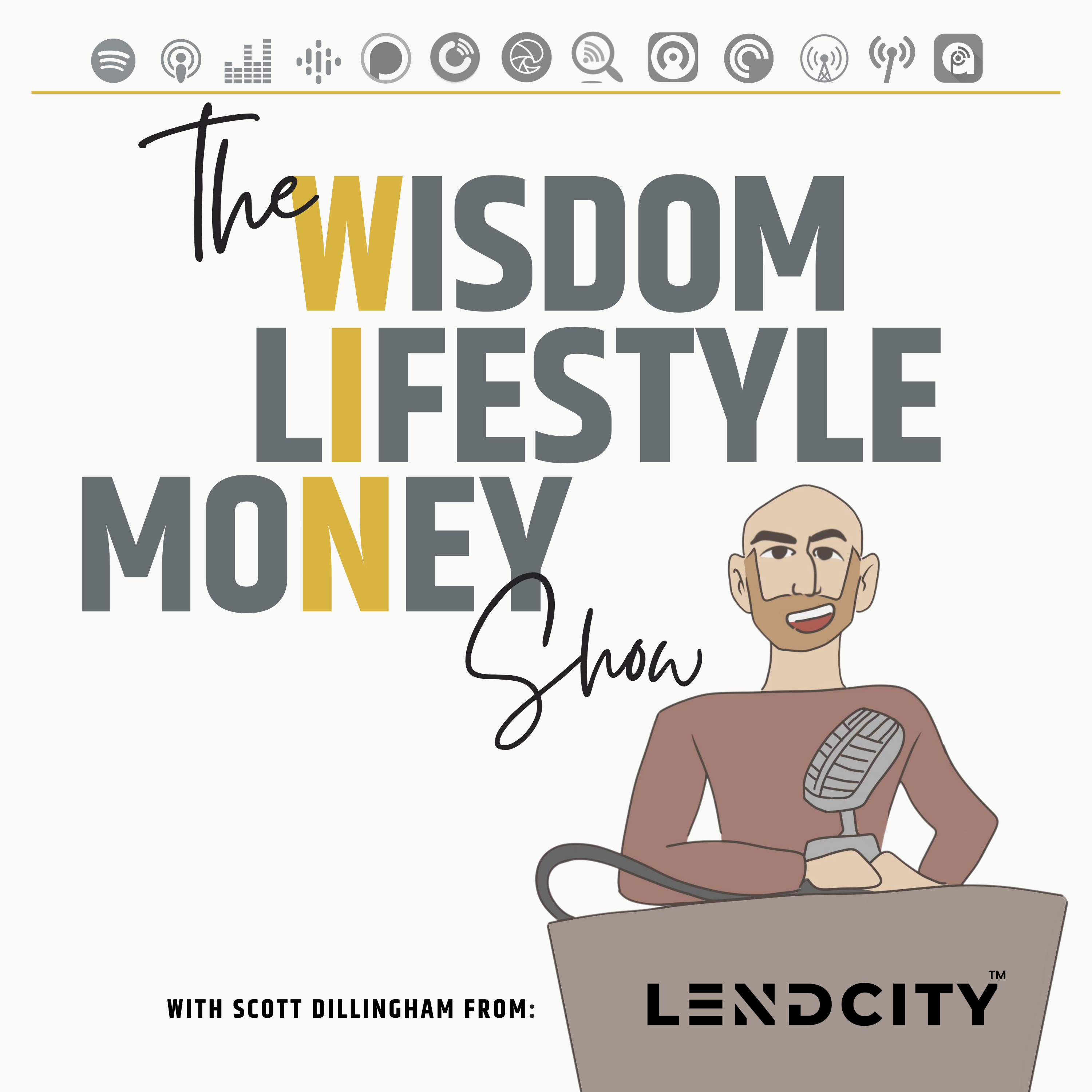- After-Shows
- Alternative
- Animals
- Animation
- Arts
- Astronomy
- Automotive
- Aviation
- Baseball
- Basketball
- Beauty
- Books
- Buddhism
- Business
- Careers
- Chemistry
- Christianity
- Climate
- Comedy
- Commentary
- Courses
- Crafts
- Cricket
- Cryptocurrency
- Culture
- Daily
- Design
- Documentary
- Drama
- Earth
- Education
- Entertainment
- Entrepreneurship
- Family
- Fantasy
- Fashion
- Fiction
- Film
- Fitness
- Food
- Football
- Games
- Garden
- Golf
- Government
- Health
- Hinduism
- History
- Hobbies
- Hockey
- Home
- How-To
- Improv
- Interviews
- Investing
- Islam
- Journals
- Judaism
- Kids
- Language
- Learning
- Leisure
- Life
- Management
- Manga
- Marketing
- Mathematics
- Medicine
- Mental
- Music
- Natural
- Nature
- News
- Non-Profit
- Nutrition
- Parenting
- Performing
- Personal
- Pets
- Philosophy
- Physics
- Places
- Politics
- Relationships
- Religion
- Reviews
- Role-Playing
- Rugby
- Running
- Science
- Self-Improvement
- Sexuality
- Soccer
- Social
- Society
- Spirituality
- Sports
- Stand-Up
- Stories
- Swimming
- TV
- Tabletop
- Technology
- Tennis
- Travel
- True Crime
- Episode-Games
- Visual
- Volleyball
- Weather
- Wilderness
- Wrestling
- Other
Ep 52 - Short Term Mortgage For Interest Rate Savings?
Here are the four best ways I can help you as an investor:
1. Important Free BonusFree Investor Success Toolbox Kit Download2. Super Important Can't Miss Investor BonusAccess to Private Investors Hub Gain access to exclusive webinars & eventsNetwork with investorsGet answers to all of your questions from myself and my team<br/>3. Apply For Your Mortgage OnlineLendCity.ca4. Book A FREE Strategy Call With Someone On My TeamBook Here
Show Summary:In this episode of the Wisdom Lifestyle Money Show, host Scott Dillingham discusses the interest rates and mortgage options in Canada. Many investors are concerned about the direction of interest rates and whether they should opt for a shorter-term mortgage or a five-year fixed term. It's important to note that the government of Canada raised the rates a few weeks ago and there is speculation of further rate hikes this year. However, predicting interest rates is not certain, as it involves economic guesswork.Some investors believe that while short-term rates may rise, long-term rates will eventually decrease due to the country's recessionary state. Historically, during recessions, interest rates tend to lower to stimulate the economy. However, lenders caution that any future rate cuts will likely be moderate and gradual, not as drastic as during the COVID-19 pandemic or the recession in 2007-2008.Many investors want to lock into two or three-year fixed terms, hoping to take advantage of lower rates in the future. However, this approach is flawed because they fail to consider the extra interest they would pay during the initial two to three years. If the rates drop only slightly, the savings might not offset the higher interest paid in the early years. Lenders do not anticipate significant rate decreases. Therefore, it is likely that investors will end up paying more overall.Scott advises investors to make decisions based on their current financial situation rather than trying to predict the future. If the idea of lower interest rates appeals to them, they should consider a five-year fixed term, which offers a lower rate compared to two or three-year terms. Alternatively, if they are confident in rate decreases, they could opt for a variable rate mortgage that adjusts with market rates. However, timing the market is challenging, and choosing a variable rate allows flexibility to switch to a fixed rate if desired.Ultimately, the decision depends on individual circumstances. It's crucial not to blindly follow trends and to carefully assess the options. Scott encourages listeners to consider their present needs and consult with mortgage brokers or professionals for personalized advice. By making an informed choice, investors can avoid overpaying and ensure their mortgage aligns with their financial goals.

